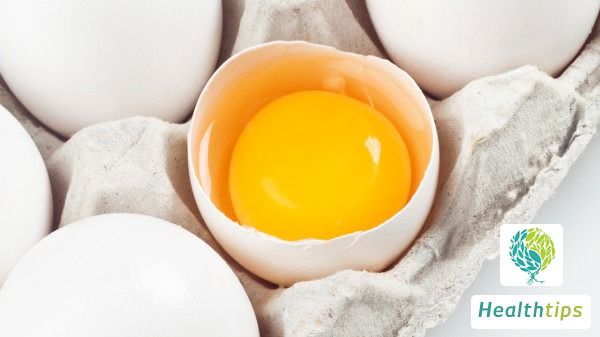Generally speaking, patients with gallstones can eat eggs, but they need to pay attention to moderation.

Eggs do not have a direct causal relationship with gallstones, and most gallbladder diseases are more closely related to irregular eating habits, high blood lipids, and high cholesterol. In addition to cholesterol, egg yolks are also rich in lecithin, which is the main component of stabilizing bile. Generally, it is recommended that patients consume one egg per day, mainly through steaming or boiling. Eggs are rich in protein, amino acids, trace elements and other nutrients, and moderate consumption can help the body replenish necessary nutrients, thus improving immunity. At the same time, the fat content in eggs is relatively low, so moderate consumption will not worsen the symptoms of gallstones or have any adverse effects on the body.
However, if patients consume eggs excessively for a long time, it may lead to fat accumulation in the body, causing obesity and even increasing the burden on the liver and kidneys, which is not conducive to health. Therefore, it is recommended that patients with gallstones consume eggs in moderation.
It is also recommended that patients with gallstones pay attention to a light diet in daily life, avoiding high-fat and high-cholesterol foods such as fatty meat, fried chicken, and cream cakes. Additionally, patients can participate in physical exercises such as jogging, Tai Chi, and swimming to help improve their immunity.

